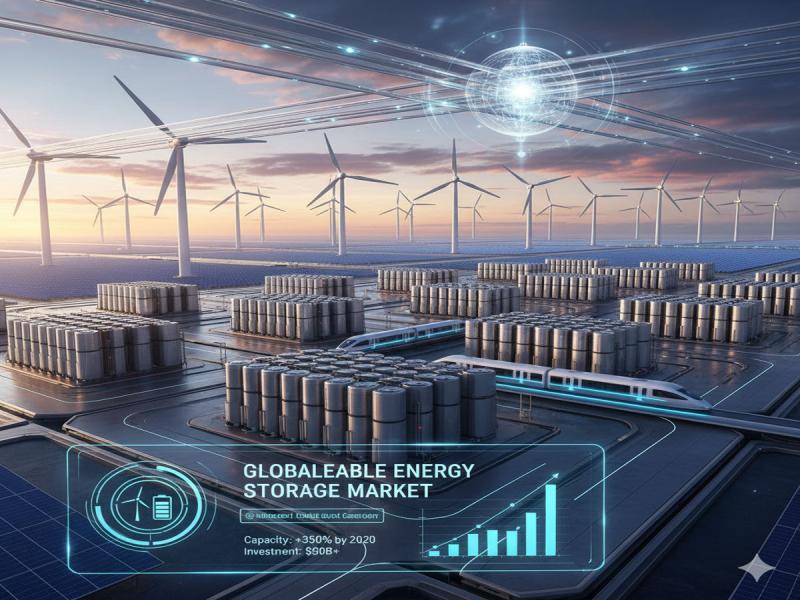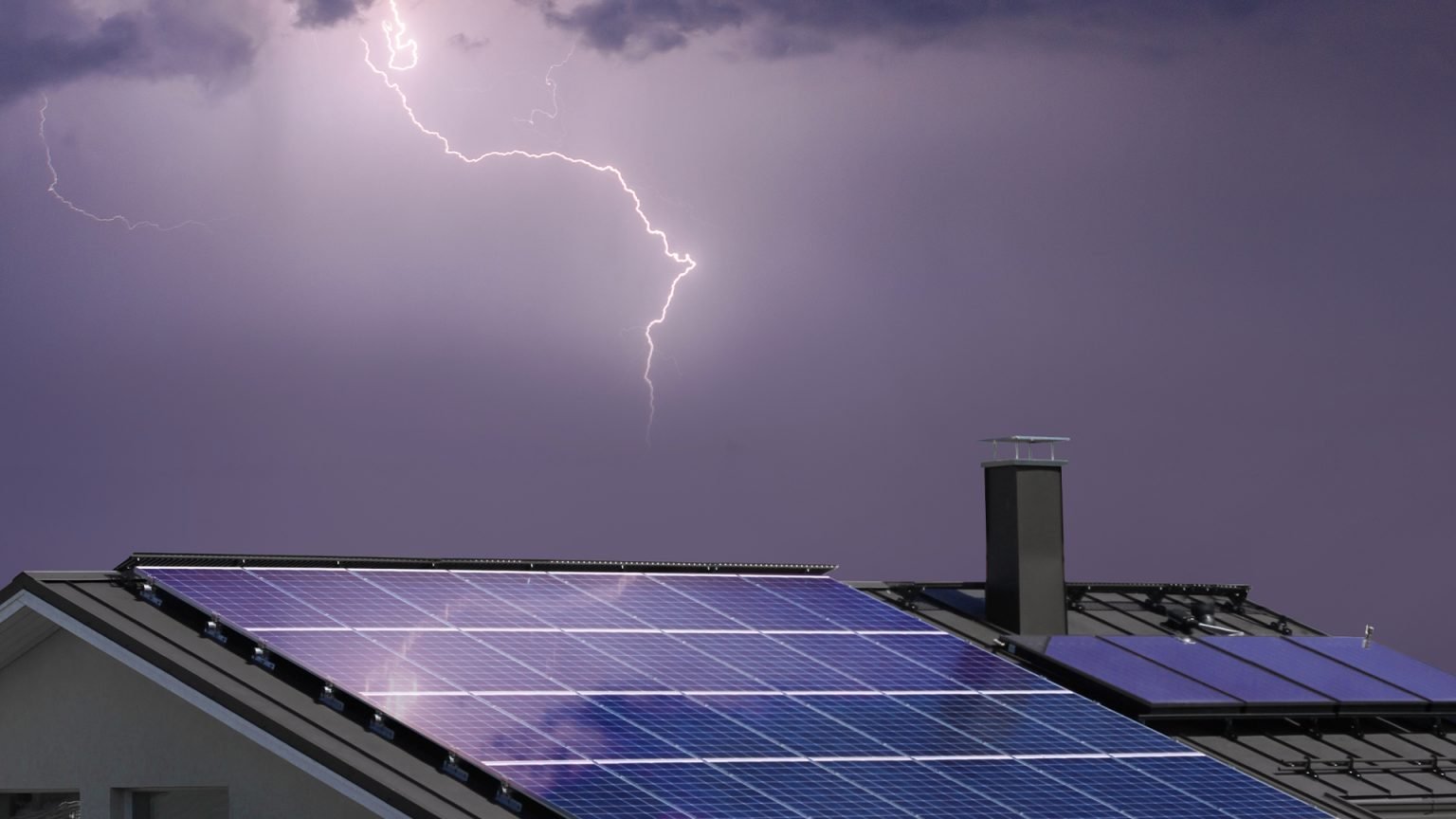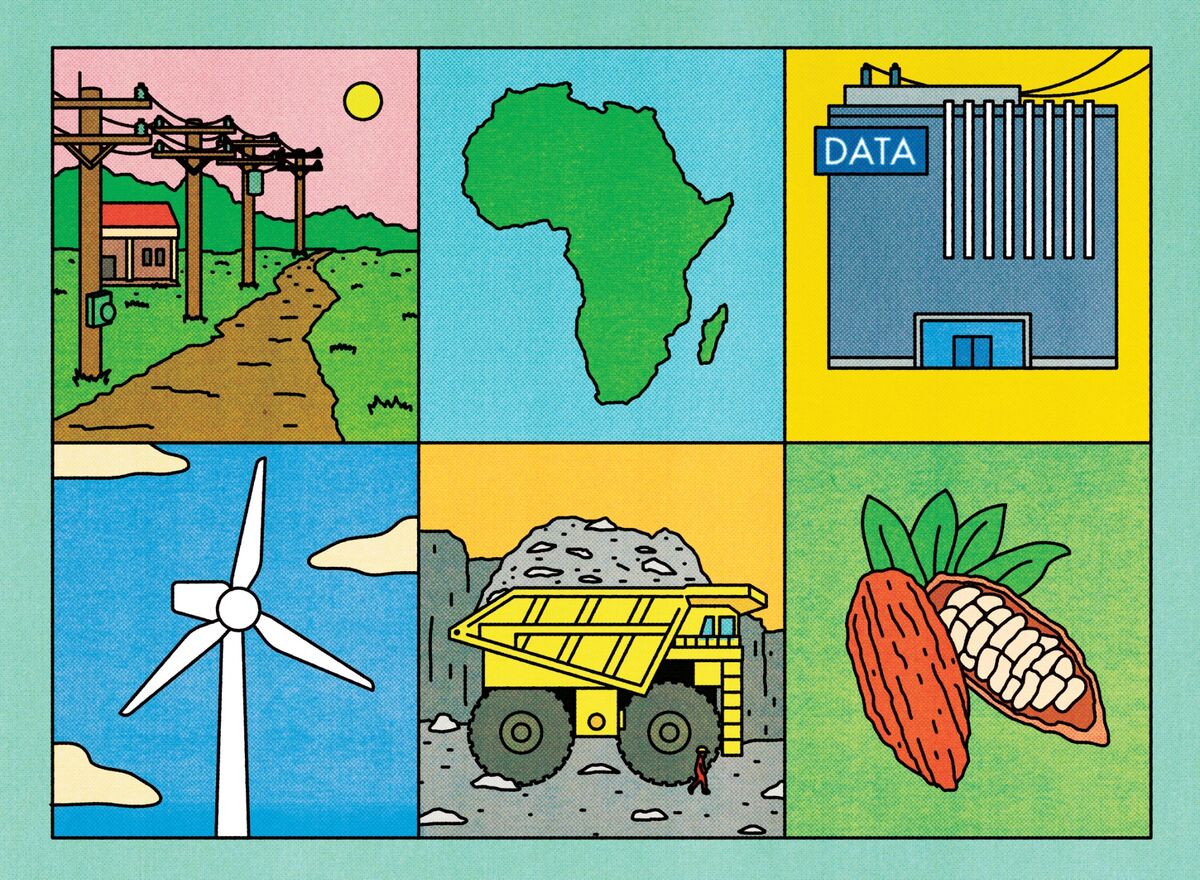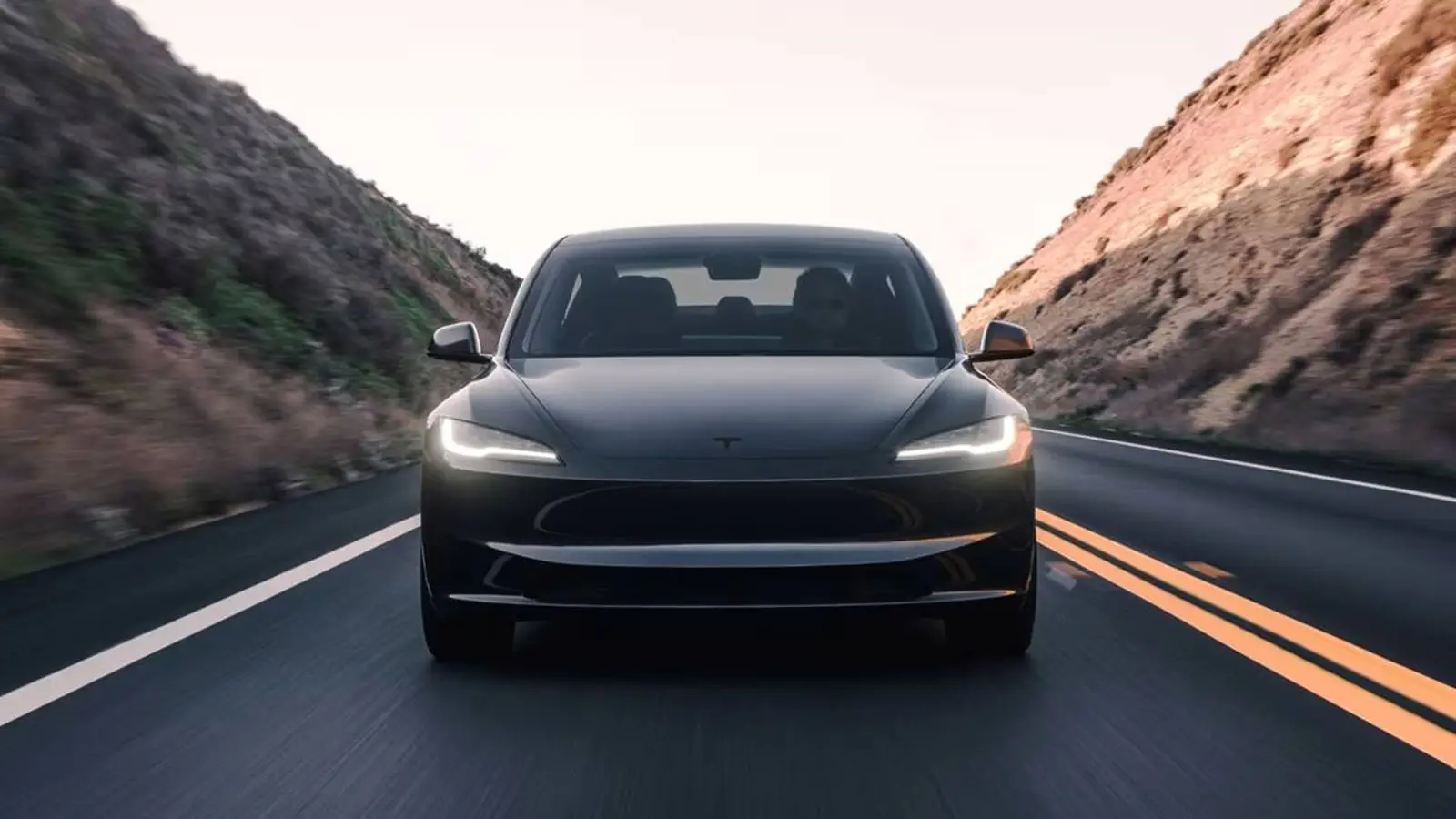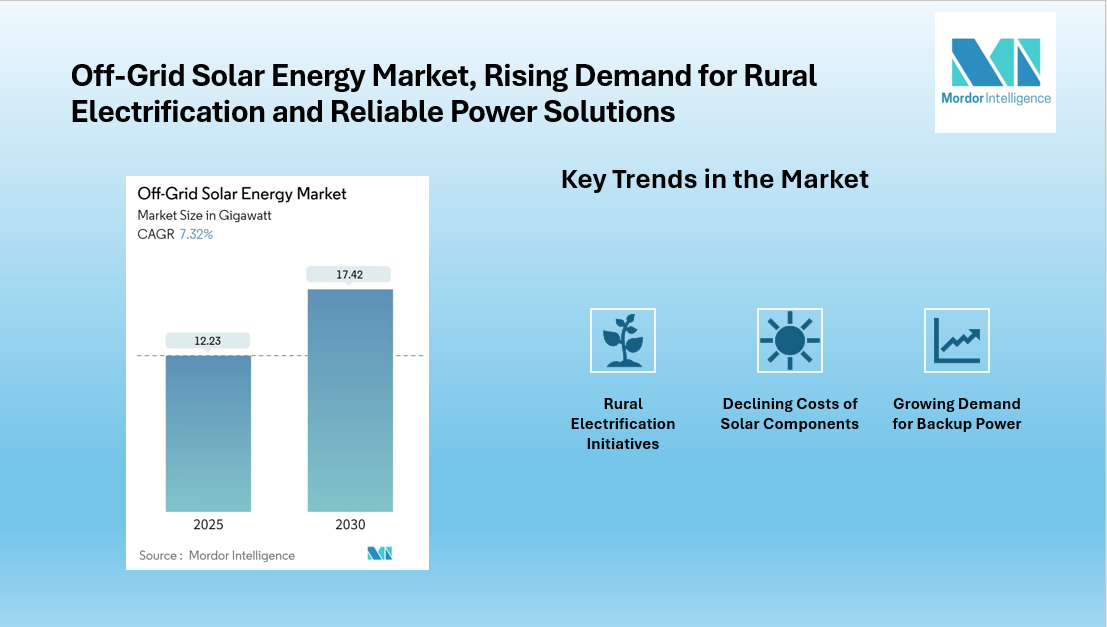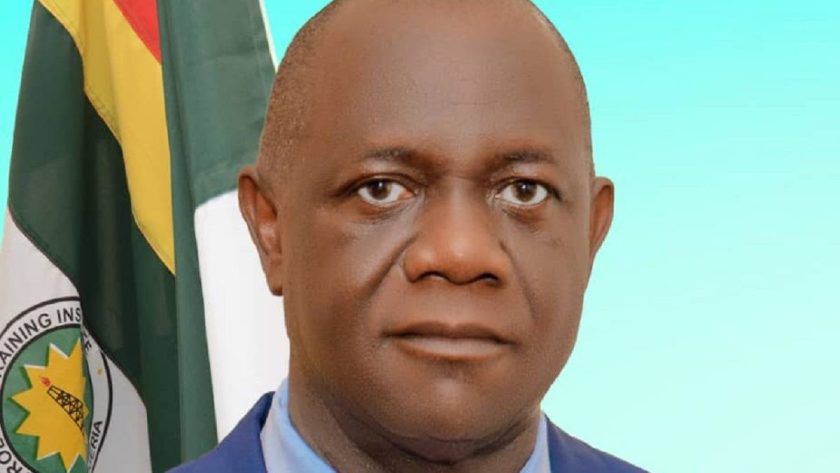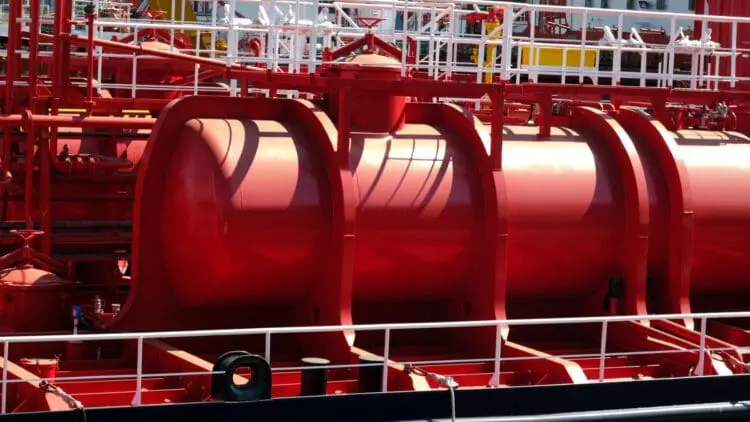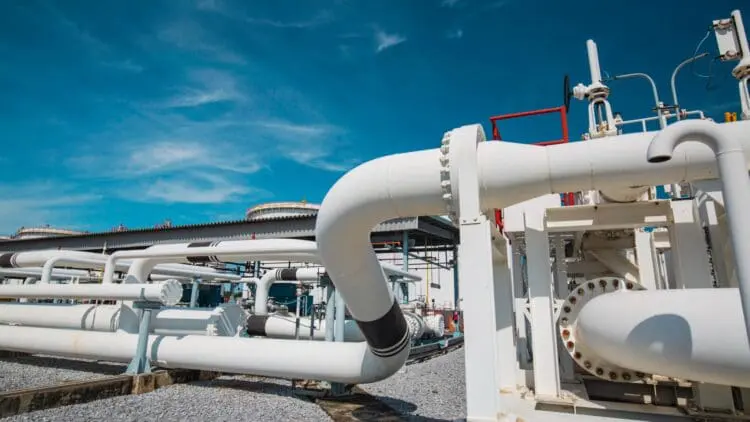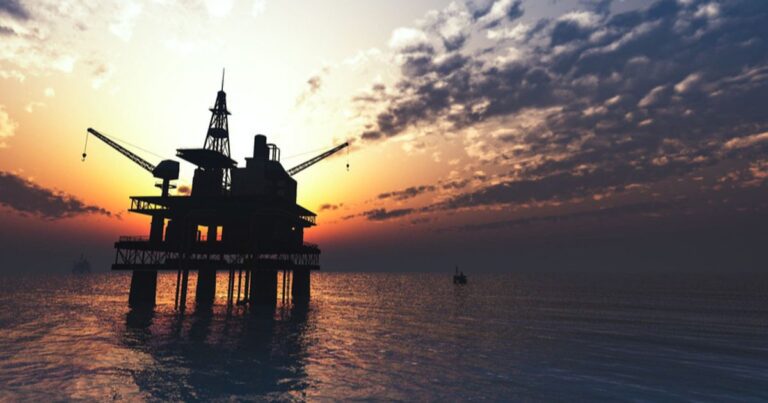Energy Markets

GCC and Russia Deepening ties in a multipolar Middle East
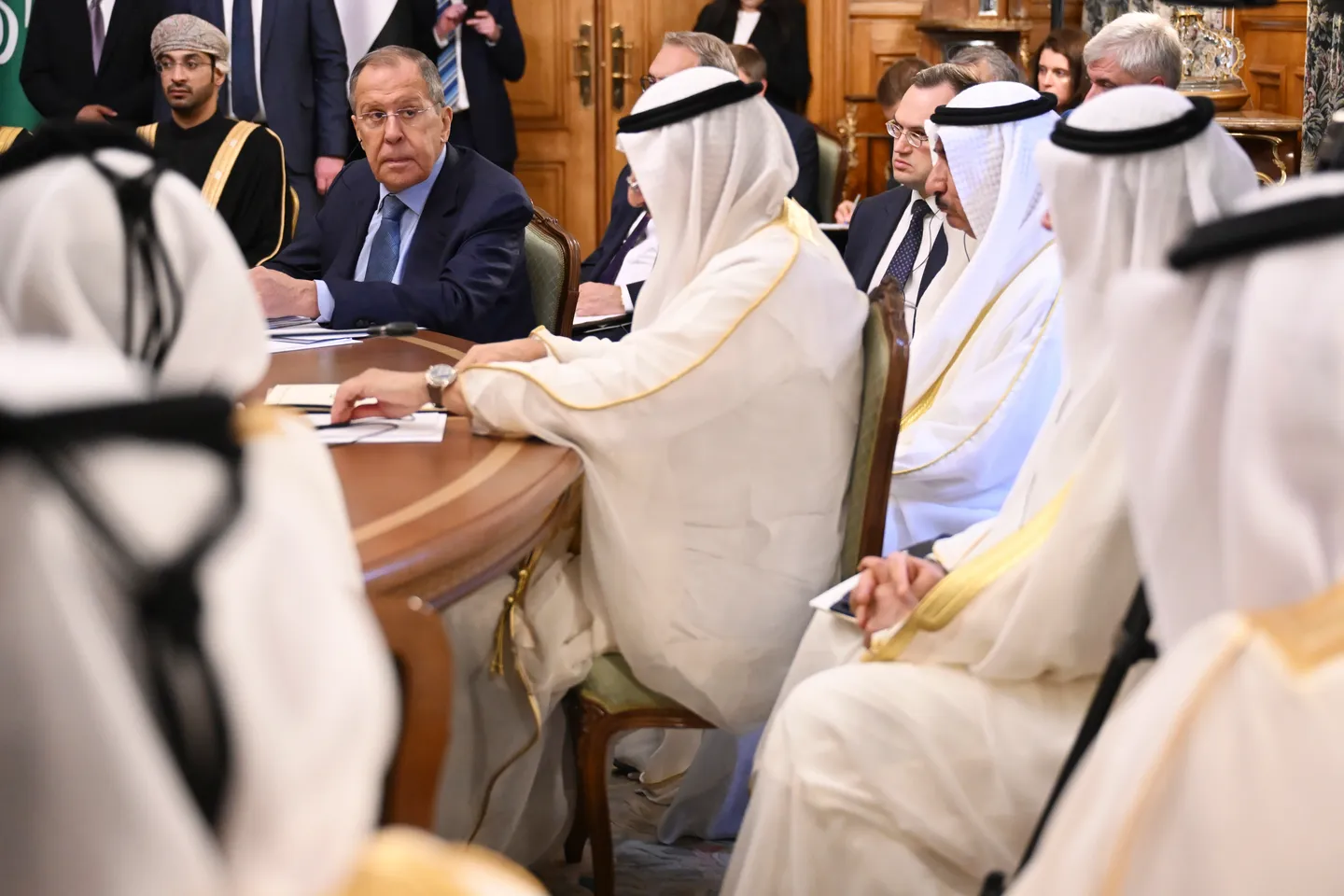
As Moscow reorients its commercial and political ties away from the West toward the Global South, its relations with the Gulf Cooperation Council (GCC) countries have grown significantly.
Over the past few months, Russia has expanded its engagement with the oil- and gas-rich Arab nations of the GCC.
This trend demonstrates the resilience of Russia’s influence across the Middle East, especially in the face of Moscow losing its major ally, the Assad dynasty in Syria, following the fall of Baath regime in December 2024.
Then there’s the weakening of Iran, exacerbated by its confrontations with Israel and the United States, which has further complicated Moscow’s regional position.
Russia’s closer ties with the GCC are evident in its deepening relations with Oman. In April, the two countries signed an agreement to establish a visa-free programme.
The meeting in Moscow also marked the first-ever talks between Russian President Vladimir Putin and the Sultan of Oman, Haitham bin Tariq Al Said, a historic milestone in the bilateral relations between the two countries.
A historic first: Sultan Haitham bin Tariq Al Said and President Vladimir Putin meet in Moscow, April 22, 2025, sealing a new chapter in Russia-Oman relations (AP).
A historic first: Sultan Haitham bin Tariq Al Said and President Vladimir Putin meet in Moscow, April 22, 2025, sealing a new chapter in Russia-Oman relations (AP).
In the same month, Qatari Emir Sheikh Tamim bin Hamad Al Thani visited Moscow, where he met with President Putin to discuss bilateral economic relations and regional geopolitical developments.
Relations between Russia and Qatar are grounded not only in pragmatic foreign policy considerations but also in shared perspectives on key global issues. As a major global energy hub, Qatar increasingly shapes its own agenda, balancing the interests of multiple centres of power.
In this context, Moscow now views Qatar not as a rival or an outright ally of the United States, but as an increasingly independent partner whose connections in the Middle East and Africa are extremely important for Russia’s ambitions.
Qatar’s emphasis on conflict mediation, particularly regarding the war in Ukraine, adds another practical dimension. In 2023, Doha brokered a humanitarian agreement facilitating the transfer of Ukrainian children deported to Russia.
A similar deal was reached in March 2025 at Qatar’s embassy in Moscow. Qatar’s broader mediation efforts include bridging conflicts between the Taliban and the United States, Hamas and Israel, and, most recently, facilitating a ceasefire between the Democratic Republic of the Congo and Rwanda.
The United Arab Emirates has also strengthened its ties with Moscow. In early August, President Mohammed bin Zayed al Nahyan (MBZ) visited Moscow to discuss trade, investment, and regional issues with President Putin, securing two agreements in the fields of investment and transport.
Bilateral trade and investment have grown significantly: Russian capital in the UAE exceeded $30 billion in 2024, while Emirati investment in Russia reached $16.8 billion. Around 4,000 Russian companies are registered in the UAE, and trade turnover is projected to nearly double, from $5.36 billion in 2021 to $11 billion in 2024. Russia and the UAE are also finalising a free trade agreement under the Eurasian Economic Union (EAEU) framework.
In a show of deepening Gulf-Russia relations, President Vladimir Putin welcomes UAE President Sheikh Mohammed bin Zayed Al Nahyan to the Kremlin
In a show of deepening Gulf-Russia relations, President Vladimir Putin welcomes UAE President Sheikh Mohammed bin Zayed Al Nahyan to the Kremlin
Increased connectivity
Connectivity is another key driver of Russia-GCC ties. The International North-South Transport Corridor (INSTC), linking Russia to Iran and the Gulf, has become a major commercial artery since the Ukraine war began in February 2022.
Western sanctions imposed on Russia pushed the country to seek alternatives by building close trade and investment ties with the Global South, elevating the GCC’s importance in Moscow’s foreign policy.
Geography matters here as the GCC is strategically located as a connection point between the Middle East, East Africa, and the wider Indian Ocean, serving as a critical bridge for Russia’s ambitions.
The GCC countries have their own reasons to cultivate closer ties with Russia. The war in Ukraine is largely seen as a distant conflict, allowing Gulf states to maintain a middle path and avoid alienating either side.
Relatedly, the reorientation of Russia’s economy provides opportunities for the wealthy Arab countries, which are actively pushing for more diversified economic relations within the respective frameworks of building a post-oil economy.
The latter requires new partners and investments from big actors with experience. Russia is seen as one of such powers. For instance, the GCC countries eye Russia’s experience in agriculture, transportation, and industrial development.
Strategically, the GCC views Russia as a counterbalance to both Iran and Israel. Moscow wields influence over Tehran and maintains pragmatic relations with Israel, both of which concern the Gulf states.
TRT World - How the Israel-US axis in Middle East pushed Russia and Iran closer
Iran maintains its role in the Gulf, yet Israel’s recent attack on Doha exposes its reckless use of military force, prioritising regional domination over diplomacy in Gaza and beyond.
For Russia, the Middle East remains central to recalibrating its foreign policy and commercial ties, which since the 1990s have largely focused on Europe and the West overall.
Yet, Russia does not aspire, nor does it have the necessary resources, to become a central power in the Middle East; however, it benefits from the pursuit of more balanced foreign policies by Middle Eastern countries. As the age of exclusive American influence in the region wanes, countries from Türkiye to the Gulf countries to Iraq and even Israel all seek Russian engagement in one form or another.
In the age of multipolarity, Moscow is regarded by the Middle Eastern powers and especially the GCC countries as a strategic balancer against other big powers.
Despite these opportunities, Russia has faced setbacks. A planned Russia-Arab summit scheduled for this month has been postponed, raising questions about Moscow’s influence, particularly as a high-profile peace summit in Egypt, focusing on Gaza, drew broad participation from Middle Eastern and European leaders, including US President Donald Trump, with Russia notably absent.
These developments underscore the limits of Russia’s reach, even as its bilateral ties with the GCC remain strong.
At the same time, Russia continues to recalibrate its broader foreign policy. Earlier this year, Sergey Lavrov and Marco Rubio held a phone call in February 2025 ahead of planned US–Russia talks, although subsequent reports of a new high-level meeting were later disputed by Moscow, which stated no date or venue had been finalised.
Thus, while Russian-US channels remain open, the actual summit remains uncertain, illustrating how Moscow is balancing global diplomatic manoeuvres with regional setbacks.
Today, Russia-GCC relations encompass more than energy cooperation, extending to politics, trade, conflict mediation, and humanitarian initiatives. The shared understanding of a shifting global order underpins this deepening alignment.
Even with broader regional challenges, Russia’s growing ties with the GCC – spanning diplomacy, trade, and mediation – demonstrate resilience and strategic pragmatism.
In a multipolar world where influence is increasingly shared, Moscow and the Gulf states are quietly shaping the future of the Middle East. The era of single-power dominance is over, and the GCC-Russia axis is proving it can still play a decisive role.



